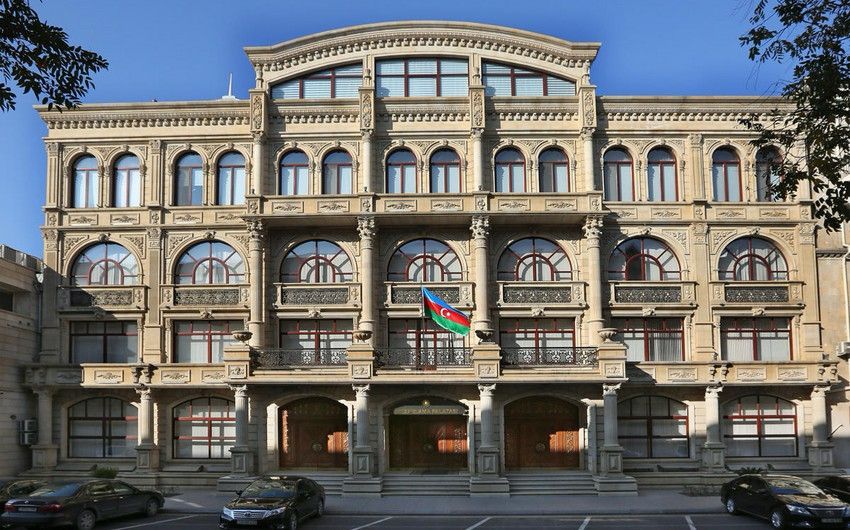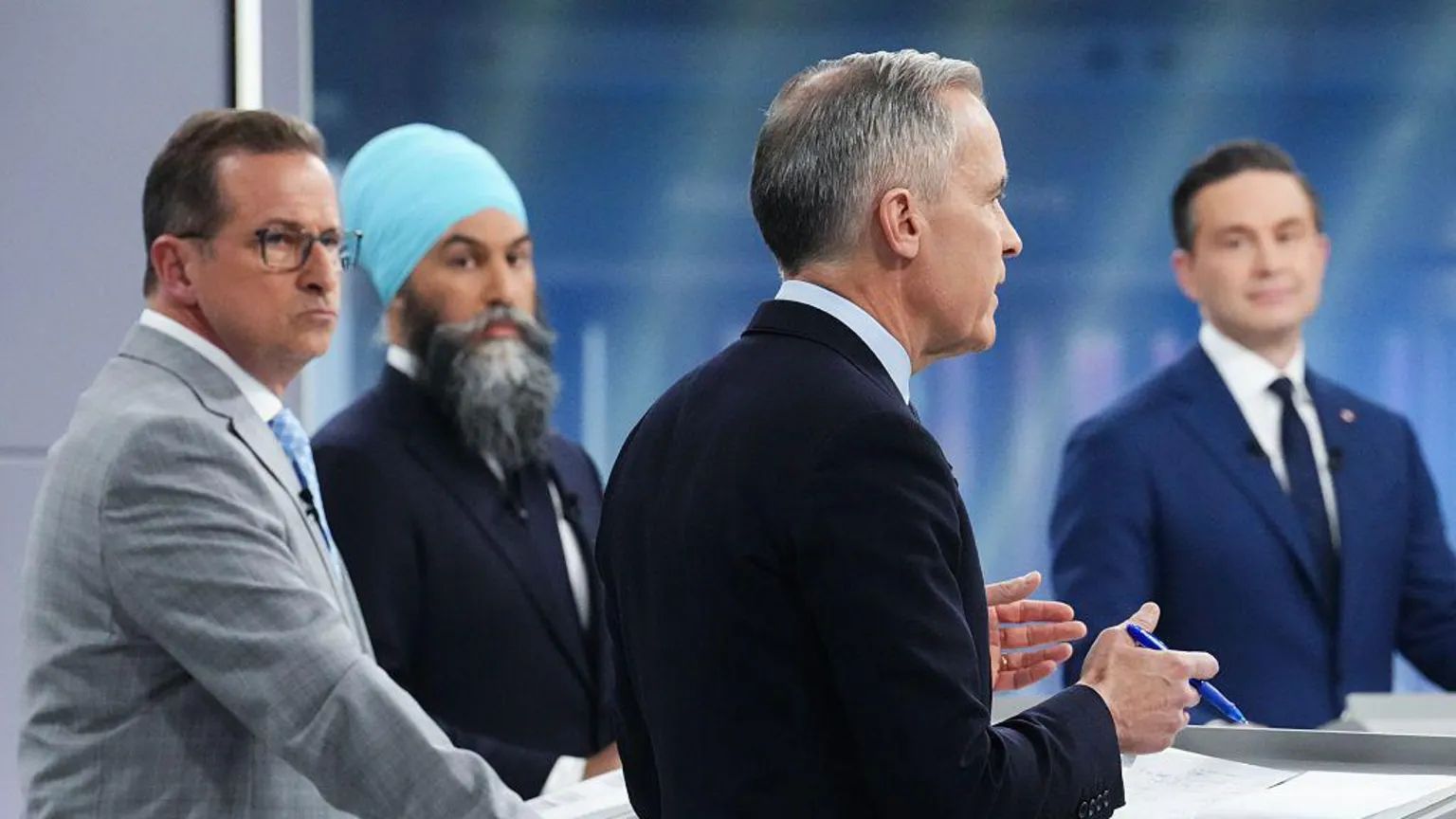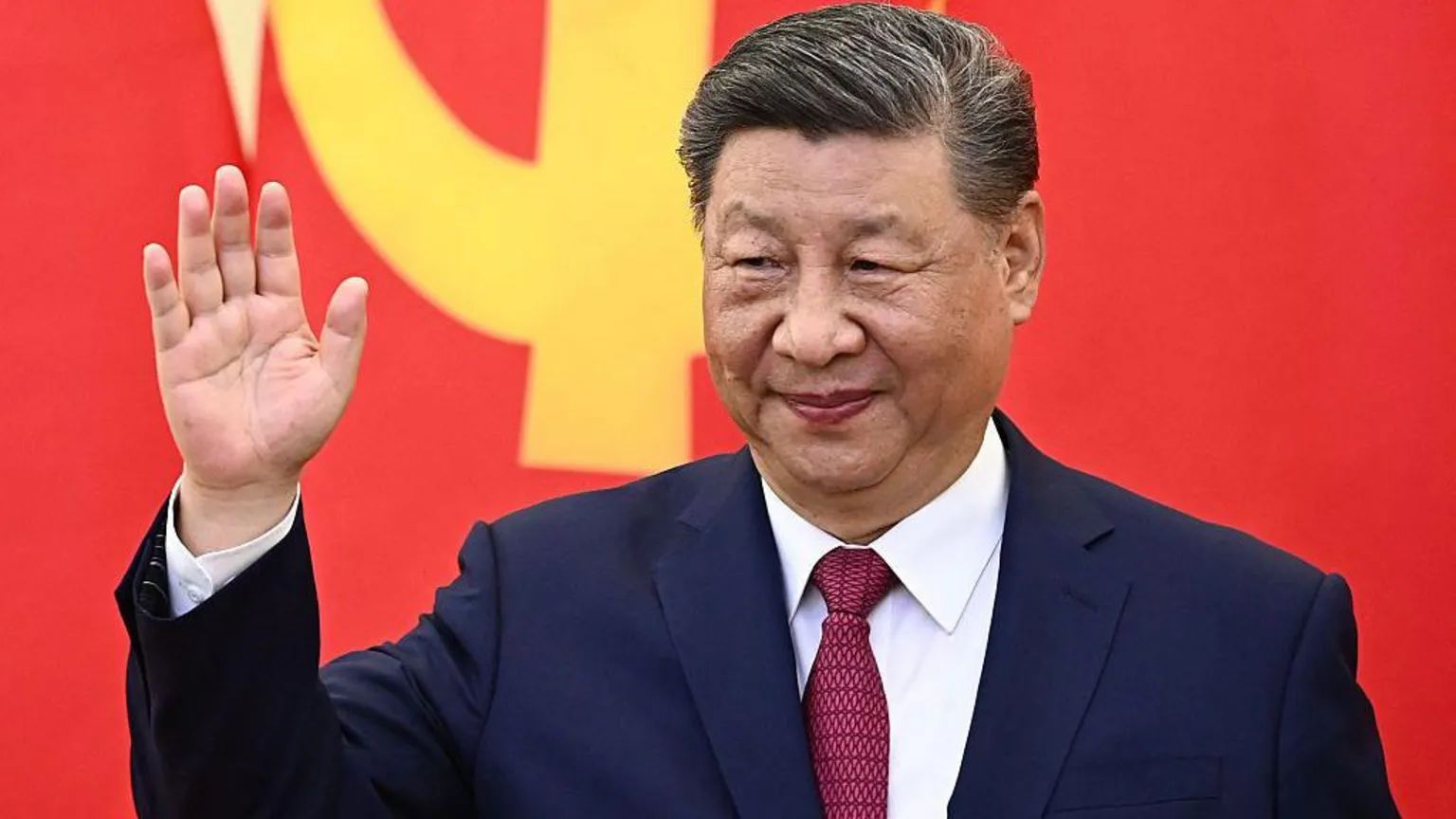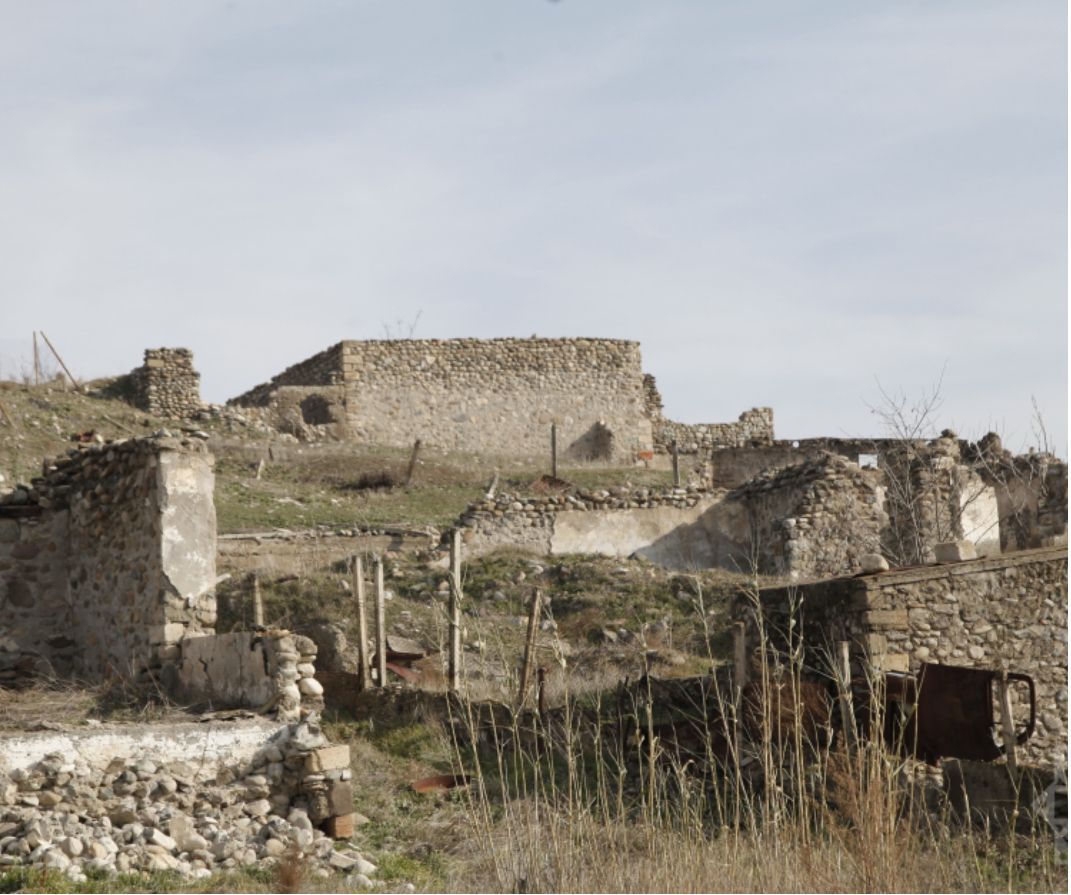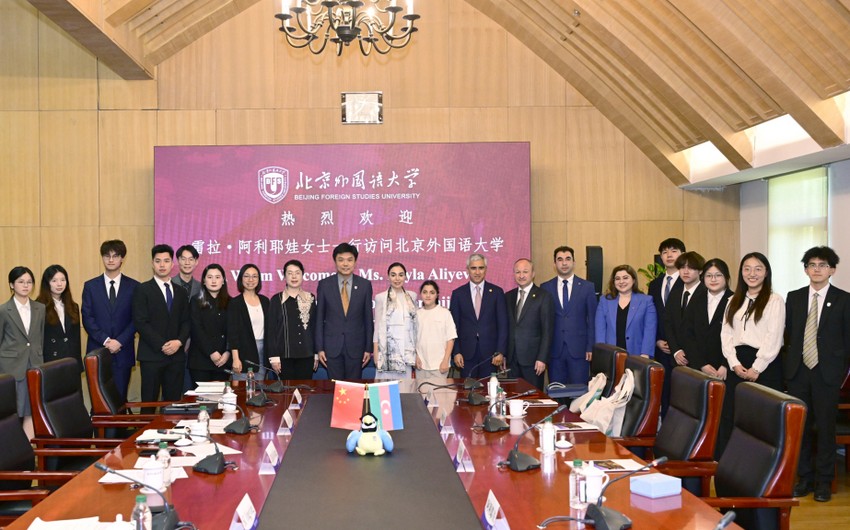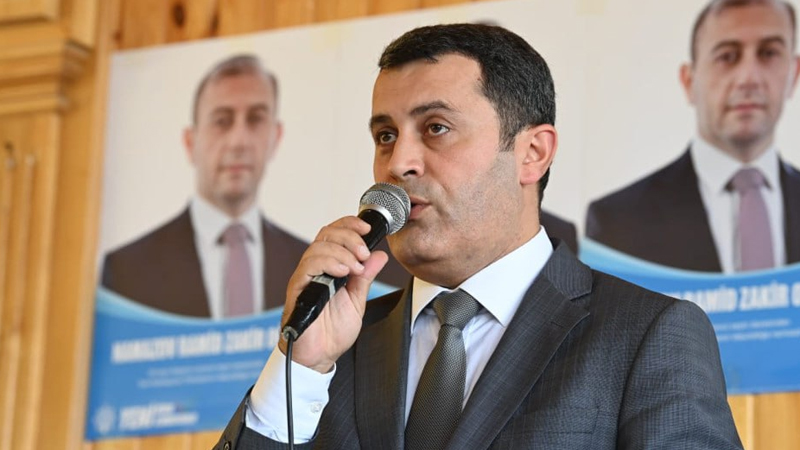Learning of the Theory of International Relations does not mean to understand theory itself, but also to apply theory into real political events for better analysis. The reason is one political event can be analyzed from different theoretical perspectives and each of them would have a specific approach. For this article, my purpose is to define offensive and defensive realism and its application into Russia’s foreign policy towards South Caucasus. And I put this research question that why Russia behaves offensive actor rather defensive in South Caucasus?
What is Offensive vs Defensive Realism?
Realism is a foundational school for understanding international politics. To understand state’s foreign policy perhaps requires knowing what is Realism, in particular, its different approaches – Offensive and Defensive Realism.
Offensive (aggressive) realists claim international system consists of an anarchic structure which no authority to enforce agreements. Under anarchy, states have to maximize power as much as possible in order to maintain security. Even if a competition among states seems hard today due to geographical, technological superiorities from each other, there is no guarantee that a “friend” state will be a prospect “enemy” state in the future. Therefore, states have to be confident of their security and observe other states’ increasing power capabilities with suspicion. Given this uncertainty, states often attempt to strengthen themselves, and/or weaken others in order to survive in anarchy condition.
By contrast, defensive realist argue although systematic factors have causal effects on state’s behavior, states can not estimate other states’ actions in advance. Therefore, countries’ attempts in maximize of power brings them into conflict. Defensive realists also believe maximize power through hegemony is unproductive because other states can provoke counterbalancing behavior. Thus, states should gain power as they need as maintain security, not be a threat against others.
Why Russia behaves offensive actor in the South Caucasus?
Geostrategic interests
Russia’s geostrategic interest are based on Mackinder’s Heartland theory:
Who rules East Europe commands the Heartland;
Who rules the heartland commands the World-island;
Who rules the World-island commands the World
Russia’s geographic location has a significant impact on its foreign policy. Russia sees the South Caucasus as a part of Heartland; therefore, attempts to restore “traditional empire” or reinforce “neo-imperialism” over this region. According to Russia’s perception, to reinforce regional power would turn to her a hegemonic actor. Particularly, Russia tries to be more confident about regional security on her southern borders and the potential alliance with Turkey and Iran.
“Mediator” in conflict resolutions
In South Caucasus, Russia’s role is based on “Divide and Rule” principle. The idea is Russia tries to be hegemonic actor by supporting seperatist movements in ethnic borders and participate as “mediator” in these conflicts. Despite her participation as “mediator” in conflict resolution, Russia in fact, seems a conflictmaker between states and ethnic groups.
In Nagorno-Karabakh conflict, Russia’s military and economic support in Armenia indicates that although Russia officially supports a “peaceful solution” between parties, the Kremlin in fact advocates the Armenian side.
In Georgia, Abkhazia and South-Ossetia conflicts are related to Georgia’s prospect membership in NATO. Russia tries to enforce power over Georgia within economic and military support Abkhaz and South-Ossetia ethnic groups.
In 2008, the consequences of “Five days War” indicated that Russia is still offensive actor in the region. Even though Russia declared protection of Russian citizens and peacekeepers in South-Ossetia, her offensive behavior aimed following objectives: First, Russia attempted to end Georgia’s sovereignty over South Ossetia and Abkhazia and damage Georgia’s military capability. Second, Russia wanted to show Georgia as “unreliable” state for NATO and EU membership and punish West for supporting Georgia’s membership. Third, Russia’s offensive behavior proved that other post-Soviet countries, including Ukraine and Azerbaijan should “rethink” about Western integration.
Aggression in energy projects
Russia behaves aggressively towards not only territorial issues, but also energy projects between region’s states and Western alliances. The reason is Russia has never wanted to share hegemony in world energy market with any supplier. Russia has used own energy policy as a tool to influence over European countries. On 20 September 1994, Russia also behaved aggressively during signing “Contract of Century” with Western companies. Only after President Heydar Aliyev’s renegotiations with Russia, Lukoil got 10 % shares from this project. It seems that Russia does not want to lose her power over this region; therefore, tries to maximize own power as much as possible even energy projects.
However, it is interesting point that Russian experts do not think that. Professor at Russia State University, Sergey Markedonov considers that if a region steps into the shadow, it doesn’t mean it has achieved “eternal peace” or that all the ethno-political conflicts have been resolved. Today, Tbilisi, as before, see the future status of Abkhazia differently, and Yerevan and Baku cannot find a compromise on Nagorno-Karabakh. Region’s other actors, Turkey also focuses on solving Syrian crisis, it will not leave its strategic partnership with Azrebaijan and will not launch a new round of talks to normaliza relations with Armenia. Iran is busy with rapproachment with the West and attempts to get access the European market, as well as protect own position in the Middle East, still considers the “renewed Madrid principles” of Nagorno-Karabakh conflict resolution unacceptable. In short, each actor engages in own problems which make them retreat from South Caucasus. Regardless of Russia’s any behavior, this state plays a significant role in this region.
A head of the Centre of Caucasus Studies, Vladimir Degoev argues Russia a right and a duty to reorganize its neighborhood. The EU must either accept or face potential conflict. The reason is “the EU is an entirely external player in the South Caucasus. It may make any declarations about its goals; however, its presence in the region that used to be a part of the Soviet Union will continue to keep Moscow on alert. As for the possible deployment of NATO and/or EU military infrastructures along Russia’s southern borders, the reaction from the Kremlin would be even more predictable.”
To sum up, I conclude Russia behaves offensive actor because of following reasons: Historically, Russia believes South Caucasus is a part of her “traditional empire”; politically, Russia wants to be a hegemonic actor in resolution of conflicts; economically, Russia tries to be a barrier against any infrastructural projects between region’s countries and Western alliances. However, considering Russian experts’ opinions, Russia’s behaves as offensive actor in South Caucasus is not because of war-prone or hegemonic actor, is because of be confidence about security of own southern borders and self-defense. In this sense, since each state has a self-defense right, Russia also tries to preserve own self-defense right.
Shabnam Mammadova, M.A. Candidate, ADA University


